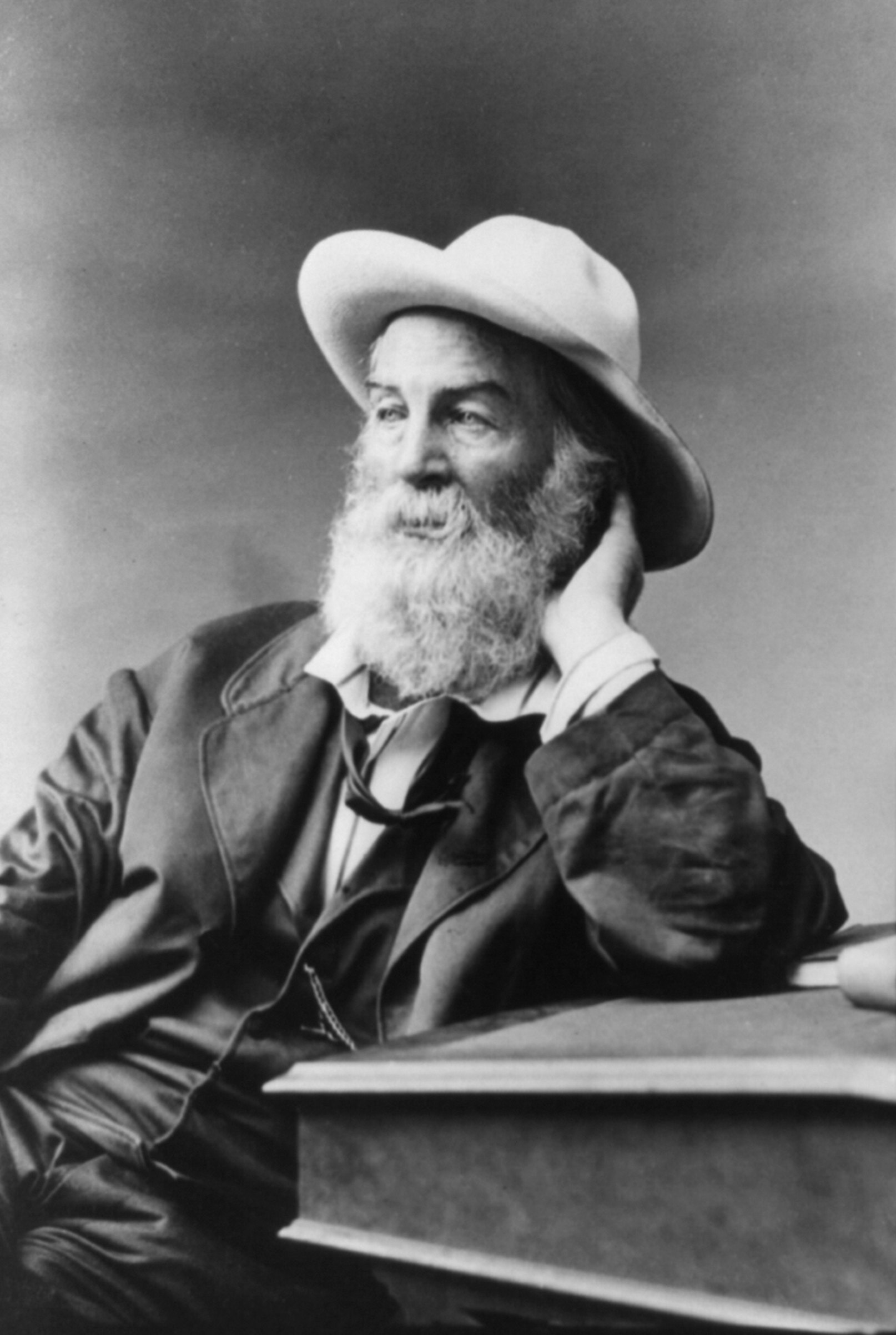
Indeed, disciples gathered around him: the “hot little prophets” as they came to be called by early biographers. Herrero Brasas shows, Whitman saw himself as a founder of a new religion. This revealing book recovers for today’s reader a lost Whitman, delving into the original context and intentions of his poetry and prose.


A giant of American letters, Walt Whitman is known both as a poet and, to a lesser extent, as a prophet of gay liberation. We also publish nonfiction, including textbooks, as well as contemporary fiction that is literary, unusual, and provocative.Recovers Walt Whitman as a self-conscious religious figure with an ethic based in male comradeship, one at odds with the temper of his times. One of our aims at Watersgreen House is to showcase same-sex affection in works by important gay and bisexual authors in ways which were not possible at the time the books were originally published. Watersgreen House is an independent international book publisher with editorial staff in the UK and USA.

This volume seeks to give readers and scholars a single source to consult when the aim is to read Whitman's homoerotic verse. This need has been problematic in the past because Leaves is a huge volume to read through to find what one is seeking, shorter editions of "selected" Whitman poems are generally more apt to omit his homoerotic material than to include it (and certainly do not highlight it), and if one turns only to his "Calamus" section, his most homoerotic "chapter," one misses out on a great deal more. Sometimes gay readers and scholars have occasion to seek out the homoerotic passages of Whitman, whether to read for the pure pleasure of the experience or for scholarship. An abridged introduction by John Burroughs places the work in its historical context.

It contains only those poems Whitman wrote exploring masculine beauty and/or same-sex affection.


 0 kommentar(er)
0 kommentar(er)
